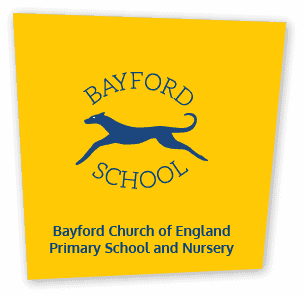Staff build strong relationships with pupils. This helps pupils to feel safe and secure. Pupils know they can talk to someone if they have any worries. They trust that staff will help and care for them.
Oftsed inspection report 2025
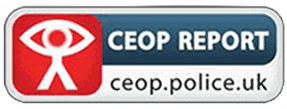
What is ‘safeguarding’?
‘Safeguarding’ is defined by the Department for Education as protecting children from maltreatment, preventing impairment of children’s health or development, ensuring that children are growing up in circumstances consistent with the provision of safe and effective care, and taking action to enable all children to have the best outcomes. It is at the heart of everything we do and central to the life of our school community: a key part of our vision is that we all make one another feel safe, sheep of the same flock, watching over one another like shepherds watch over their sheep.
You can find out more about safeguarding and access advice from the NSPCC: use the button below to go to the NSPCC web site, and the NSPCC Learning link to access training and resources to help you protect children from abuse and neglect.
This page is designed to help everyone involved with our school understand our responsibilities for safeguarding children and how these responsibilities should be carried out. Complete information is found in our Child Protection Policy, which is reviewed annually, and can be accessed using the link below. For online safety and safeguarding, please follow the link to our dedicated online safety page for more information and advice. You can also access advice and support around mental health and wellbeing from our dedicated page on wellbeing, and a wide range of information on issues which may impact you or someone you know on our information page: click on the ‘where to turn for help’ button.
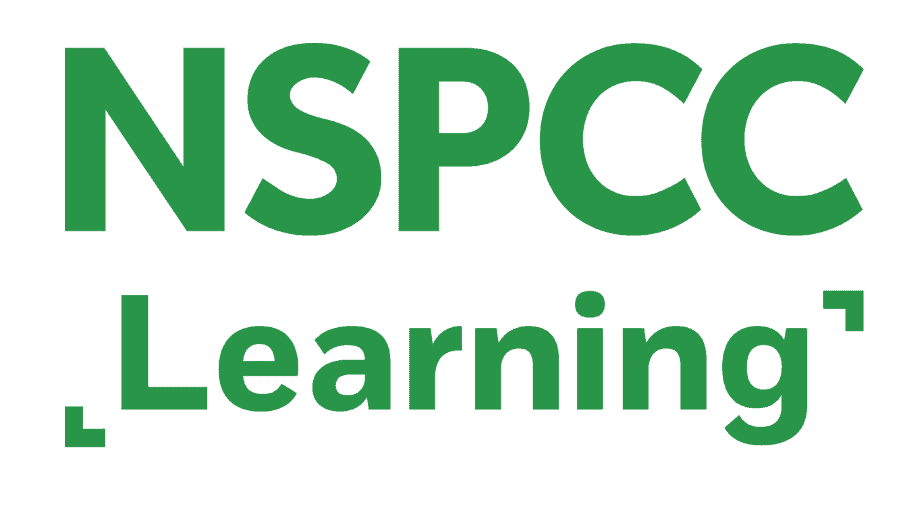

Hertfordshire Partnership
We form part of the wider safeguarding system for children in Hertfordshire. This system is based on the principle of providing help for families to stay together where it is safe for the children to do so, and looking at alternatives where it is not, whilst acting in the best interests of the child at all times. Hertfordshire Safeguarding Children Partnership (HSCP) has been set up so that all agencies and organisations who work with children and young people work together to keep children safe.
The Partnership’s vision is that multi-agency child safeguarding arrangements in Hertfordshire:
- are of the highest quality
- keep the child at their heart
- continuously improve
- evolve to reflect changing needs and circumstances.
The joint leaders of the partnership are:
- Hertfordshire County Council
- Hertfordshire Constabulary
- East and North Herts Clinical Commissioning Group
- Herts Valleys Clinical Commissioning Group.
As a school we follow the procedures established by HSCP and set out in a guide to procedure and practice for all agencies in Hertfordshire working with children and their families. You can access the guide on line using this link.
Roles and responsibilities
In line with our vision and values, we all share a responsibility to provide a safe environment in which children can learn. However, because they have daily contact with children, school staff and volunteers are well placed to observe outward signs of abuse, changes in behaviour, and failure to develop.
We make sure that all our staff, governors, and volunteers are made aware of our safeguarding policies and procedures, including our Child Protection Policy. All staff and governors also undertake safeguarding training, renewed at least every three years, and receive regular briefings and updates through the school year.
To make sure that we keep safeguarding in focus and always act appropriately, certain members of staff and governors have particular roles in the school and undertake additional and more frequent training:
Designated Safeguarding Lead (DSL): Malcom Foster
Deputy DSL: Danielle Kinsley
Deputy DSL: Wendy Healing
Deputy DSL: Samantha Hill
Governor Safeguarding lead: Brenda Lambie
Safeguarding and promoting the welfare of children at Bayford is everyone’s responsibility. If you have noticed something which doesn’t seem right, or have any concerns about a child’s welfare, act immediately: talk to the DSL or Deputy DSL.
If you’re concerned that the school is failing in any way to act as we should, please contact directly the Local Authority Designated Officer (LADO) at Hertfordshire Children’s Services (tel. 0300 123 4043). There is also the NSPCC whistleblowing helpline which is available for staff who do not feel able to raise concerns regarding child protection failures internally (8:00 am to 8:00 pm Monday to Friday).
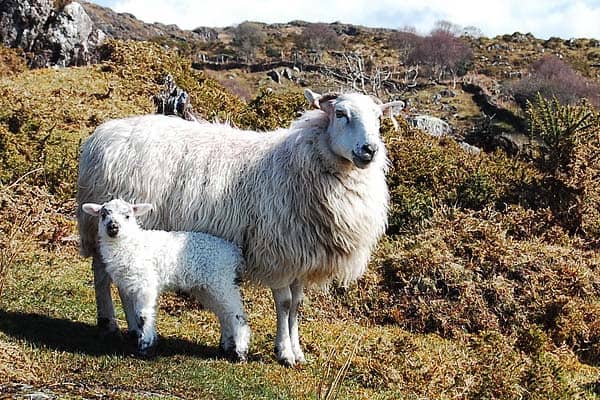
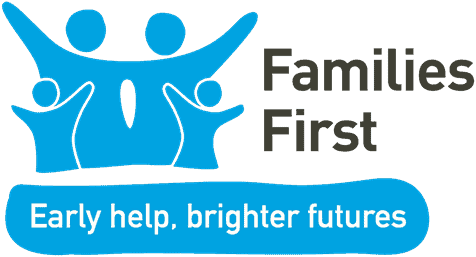
Families First
‘Families First’ is the term used in Hertfordshire for services that work together to support families who need extra help. These are also known as ‘early help’ services.
If you, or anyone you know, need more help than your usual support network – for example your health visitor, school, doctor or family centre – Families First can work with you and your family to create a package of support.
Families First is available to all Hertfordshire families with children under 18 (25 if they have a learning need or disability).
Families First can help with issues such as:
- parenting
- mental and physical health problems
- drug or alcohol dependency
- domestic abuse
- school related concerns – such as your child is not attending school
- debt problems
- risk of becoming homeless.
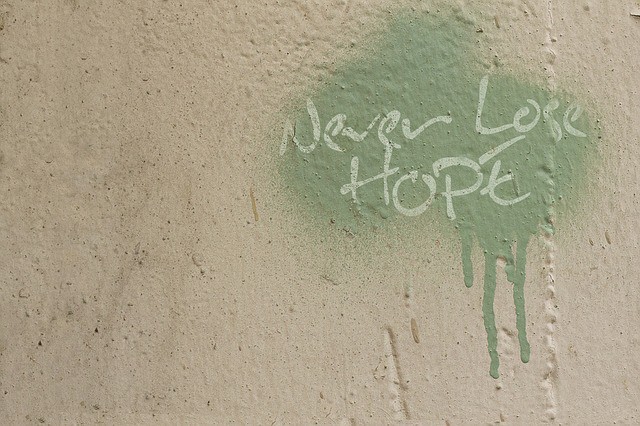
Advice for young people
If you or someone you know is facing abuse and is in danger right now, you should dial 999.
To report abuse without having to say who you are, call Crimestoppers on 0800 555 111 .
Abuse is never ‘ok’. Follow the links below to find out about the different types of abuse, signs of abuse, and where to go if you need to talk to someone about what you’re going through.
Call Childline on 0800 1111 if you’re under 18 and want free, confidential advice, or access their service online.
The Children’s Society is a charity working to help and support young people.

CEOP is here to keep children safe from sexual abuse and grooming online.
You can make a report directly to the CEOP Safety Centre by clicking on the Click CEOP button if something has happened online which has made you feel unsafe, scared or worried. This might be from someone you know in real life, or someone you have only ever met online. CEOP take all reports seriously and we will do everything we can to keep you safe.
As well as making a report to the CEOP Safety Centre, the CEOP Education website has information and advice to help you if something has happened to you online.
Radicalisation
It’s easy to think that issues around radicalisation are only for secondary schools. The sad truth is that they are not, and we all need to keep our children safe from the very real harm that radicalisation can pose.
We believe that our school is is fully compliant with the DfE Prevent Strategy for Schools (June 2015). We recognise that we must have “due regard to the need to prevent people from being drawn into terrorism”. This duty is known as the Prevent Duty and enables us to protect children from the risk of radicalisation. Through our core values, our commitment to inclusion, and by promoting fundamental British values, we work to build pupils’ resilience to radicalisation and to enable them to challenge extremist views. Our Prevent Lead is the Headteacher Dr Malcom Foster.
You can find out more about radicalisation, and how to prevent it, from the ACT Early website, and also find more resources from the Parent Hub of the educate.against.hate website. Both these sites are developed by the government: the Department for Education and the Home Office

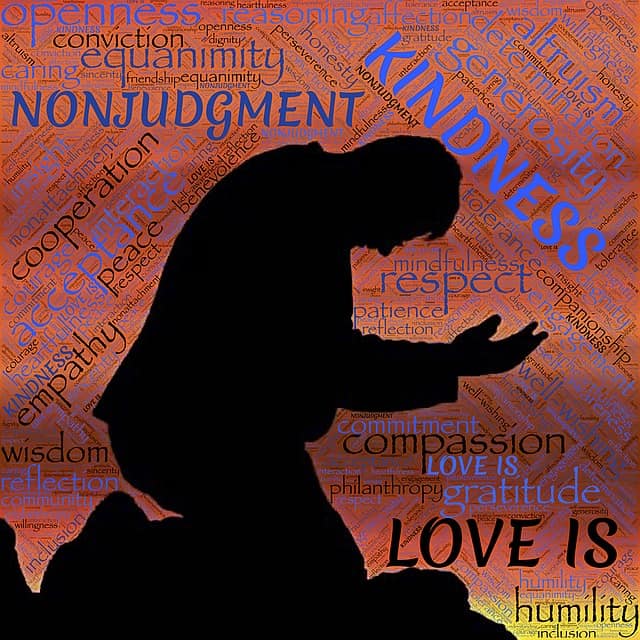
Spiritual, Moral, Social and Cultural Development
We recognise that if we want to know and appreciate one another, and make everyone who is part of our community feel safe, we need to ensure that personal development and wellbeing are taken as seriously as academic achievement. We also recognise the need to prepare our children for life outside and beyond our school in which they will meet people from a wide range of backgrounds and with very different life experiences, cultures and faiths. To play our part in building a society in which we can all live well together in love, we work hard to ensure that spiritual, moral, social, and cultural development (SMSC) is at the heart of everything we do.
Pupils develop an age-appropriate understanding of staying safe and healthy relationships.
Ofsted inspection report 2025
This page was last updated on 24th March 2025
